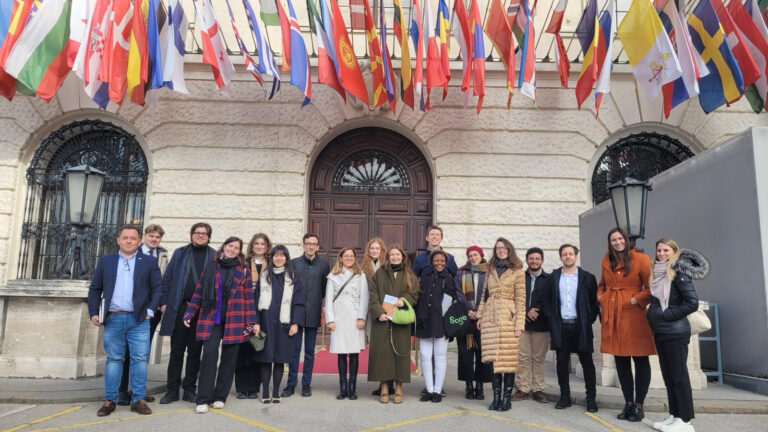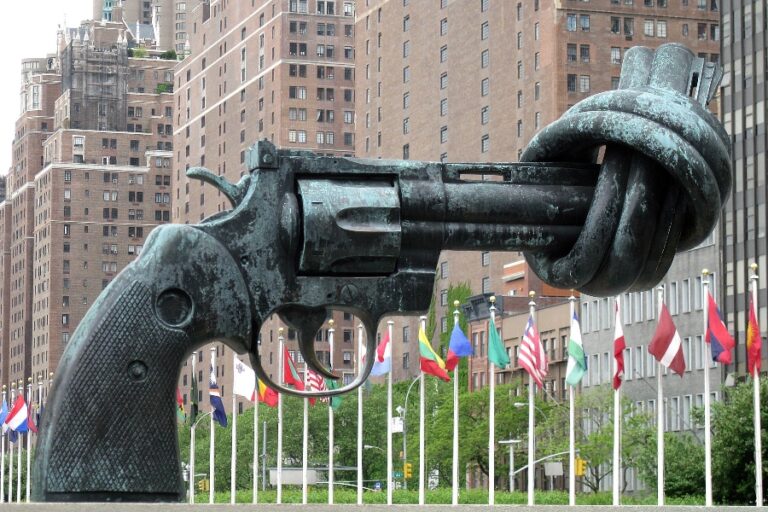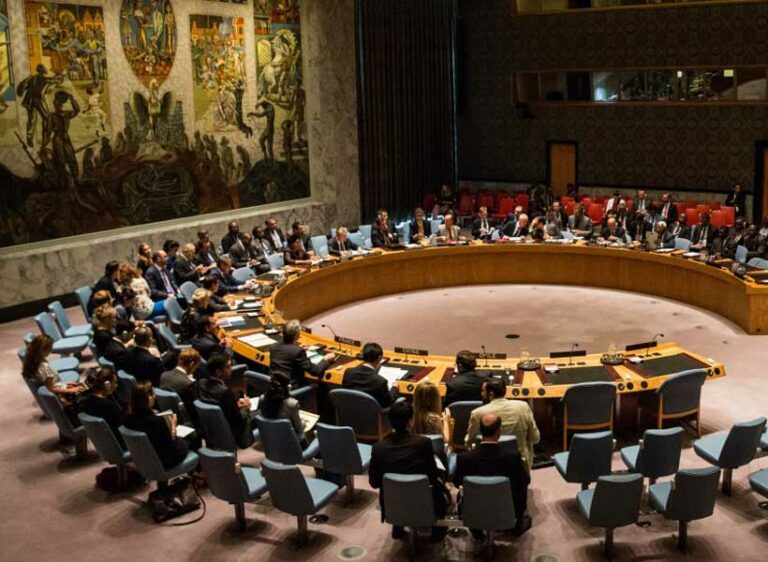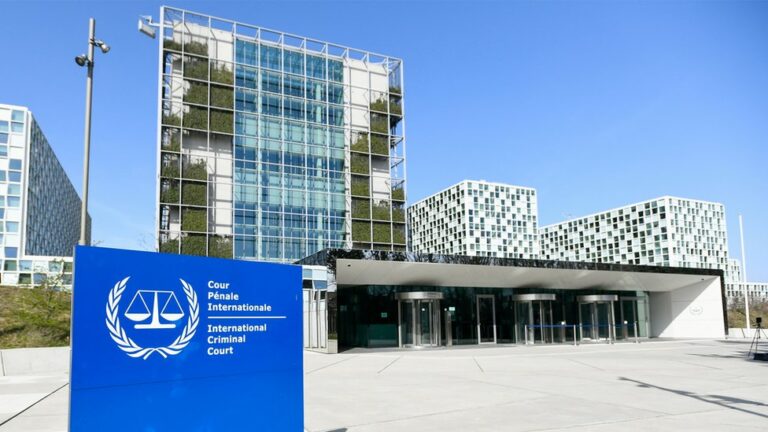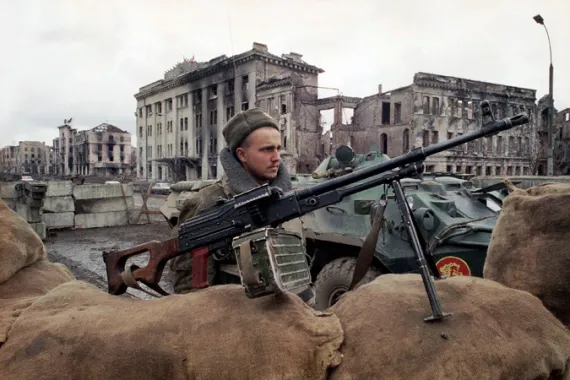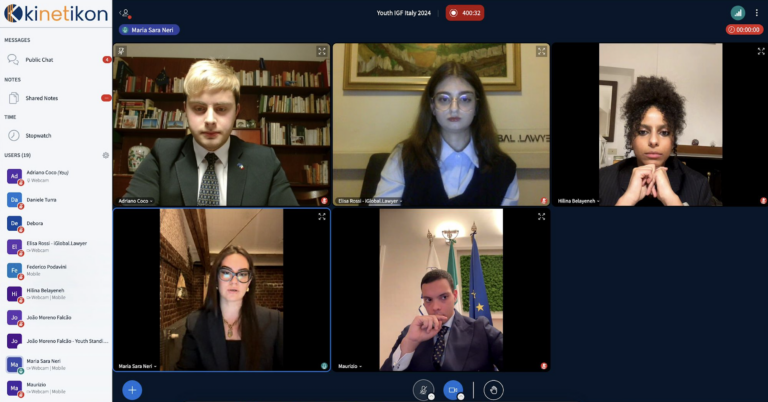What is happening in Sudan?
A short reconstruction of Sudan’s history from independence to the current conflict. Sudan is a State located in the northwestern part of the African continent. It borders with Egypt, Eritrea, Ethiopia, South Sudan, the Central African Republic, Chad, and Libya. With its 1,886,068 square kilometres, Sudan represents the third-largest country on the continent (until the secession of South Sudan, in 2011, it was the largest country in the area). Until 1881, the State was part of the Ottoman Empire, ruled by the Governor of Egypt. Following a series of rebellions, it became part of the British-Egyptian rule in 1899, under whose control remained until 1956, when, finally, the State gained its independence. However, with the gain of its freedom from colonial rule, the pain of this country was only to begin. The democratic government installed in 1956 with an elected representative Parliament lasted only two years before a coup d’état started a civil war.
The liberalism imported from the West (especially from the British) was, in fact, a weak force, adopted just by the Sudanese intelligentsia: political parties were not well-organized groups with distinct objectives, but loose alliances motivated primarily by personal interests and loyalty to the various religious factions. Especially personal interests of parliamentarians, eager to use their prominent positions to benefit personally from the patronage that their role allows them to perpetuate, let the parliament become a superficial instrument and led ultimately to a coup d’état carried out on the night of November 16–17 1958 by the commander in chief of the Sudanese army, Gen. Ibrāhīm ʿAbbūd, who dissolved all political parties and centralized power in his hands, thus turning Sudan to an authoritarian regime, with Islamic dictates (forcing the spread of Islam, of Arabic language and Islamic education). After years of turmoil, especially in the Southern region, which did not want to accept the restrictive traditional measures undertaken by ʿAbbūd, the ruler resigned as head of the state. In 1965 a coalition-elected government was formed, which however lasted just four years, as it was a political system torn by sectarian religious divisions between progressive and conservative parties.
The ongoing civil conflict in the South ultimately led it to its dissolution in 1969. This year Colonel Gaafar Mohamed el-Nimeiri came to power, after a confrontation with the communist party, and took exclusive control of the country. In 1971 he signed the Addis Ababa agreement with the forces of the South, giving autonomy and a separate legislature and executive body to the region, thus ending a 17-year-old internal confrontation. Following some years of economic crisis and lack of consensus, President el-Mineiri turned to the uprising Islamic forces in the country for support. This approach led to the introduction of Sharia Islamic law in the country and, consequently the resignation of the Addis Ababa agreement with the South. This measure led ultimately to the blow of a new civil war in 1983 again in the south, involving government forces and the Sudan People’s Liberation Movement (SPLM). Although he tried to soften religious dictates of Islamic law in an attempt to reduce the conflict in the south, in 1985, after widespread popular unrest, el-Mineiri was overthrown in a bloodless coup by a Transitional Military Council, led by al-Bashir, who reintroduced Islamic law.
Al-Bashir won also the presidential democratic elections demanded in 1996 and was reelected in 2000. The introduction of a new Constitution in 1998 became a sign of a slight transition to more democratic governance, even though the Country remained mostly an authoritarian regime. Moreover, in 1999 the country began to export oil, bringing relief to the country’s suffering economy, which had always been fragile due to the continuing political changes and the conflicts and frictions inside the country, especially in the southern part. The ongoing civil war in the South of the country, which had always perpetuated the territories, ended in 2005, with a peace deal signed by the Government with the southern rebels, ending the country’s long-running civil war and promising a referendum for the independence of the region to be held in six years. However, another conflict was about to bring turmoil into the State: the conflict in Darfur, a region in western Sudan. The conflict began in 2003 when rebels launched an insurrection to protest what they contended was the Sudanese government’s disregard for the western region and its non-Arab population, as Sharia and Islamic law were predominant in the country’s government. After years of harsh battles and multiple crimes perpetrated by the Sudanese government in the region (thus provoking the intervention of the Security Council and the International Criminal Court, which charged President Bashir with war crimes, crimes against humanity and genocide), a partial agreement was reached in July 2011. In the same year took place the succession of the South of the State, gained its independence, even though some questions remain in dispute between the two regions. There were disagreements between the southern region and the State on oil matters, as the South was exporting its oil through Sudanese pipes through the payment of specific fees to the Sudanese Government.
Disagreements on the number of fees from the South to the northern country led the north Sudanese government to confiscate oil that South Sudan was transporting through Sudanese pipelines, thus making South Sudan shut down its oil production and make long-term plans to construct a new pipeline that would not travel through Sudan. In the short term, both countries were deprived of oil revenue, which was a vital component of their budgets. In the years following the South’s secession, Sudan continued to be challenged by ongoing rebel activity in Darfur, with the government promoting violent air bombing and sophisticated artillery to combat rebels, thus provoking countless victims and displaced people. The 2015 elections were won again by Bashir, who was in power since 1989, becoming de facto the ruler of the country. Discontent with his austerity politics (which led thousands of people to live in harsh conditions) and his military atrocities led to a military coup on April 11, 2019, that overthrew him and placed him under arrest.
The military announced that it had dissolved the government, suspended the constitution, and planned to create a military council that would lead a transitional government for two years, after which elections would be held for a new civilian government. A transitional Sovereignty Council, composed of military and civilian representatives was composed and Gen. Abdel Fattah al-Burhan was named president. In 2021, following a failed military coup, Burhan dissolved the Sovereignty Council, declared a state of emergency, and pledged to hold new elections in July 2023. After that, he formed again a new Sovereignty Council, composed of military members of the previous council and new civilian members. In 2023, elections for democracy should have taken place, however, a rivalry between Burhan and the head of the paramilitary Rapid Support Forces (RSF), Gen. Mohamed Hamdan Dagalo (known as Hemedti), emerged. This led to the explosion of tensions on April 15, 2023, provoking the ongoing conflict in the Country.
Interesting to notice is the fact that Burhan and Hemedti were once allies. They plotted the coup of 2021 and then decided to take control of the Country, with Burhan becoming the de facto ruler of Sudan and Hemedti his number two. In the last month, however, an uprising tension between the two sides hung in the air, as negotiations to reach a power-sharing deal were going on. A democratic transition would have ended the protracted political crisis faced by the country, however, tensions between the two generals blew up and generated a new crisis.
Amid the discussions for the transition to democracy, the straw that broke the camel’s back was the disagreement over the security and military reform dossier, with Burhan demanding that the RSF be disbanded and integrated into the army and Hemedti, wanted it to be a process to be made in the distant future.
The Rapid Support Forces (RSF), commanded by Hemedti are a paramilitary force born in 2013 and evolved from the so-called Janjaweed militias which were allies of the country, largely used against rebels in the Darfur region. The RSF were very closed even with the previous government led by Bashir, who promoted a law that legitimated the RSF as an independent security force in 2017. Now, the discussion was going on with Burhan wanting them to become part of the national army.
Since the 15th of April, the conflict has been going on, causing thousands of casualties, especially among civilians. Many of the confrontations are happening in urban areas and civilians have become the unwitting victims. In the capital Khartoum, the Sudanese air force has mounted air strikes that have caused many civilian casualties. Crucial to bear in mind is that in the city there are no cellars or underground shelters where people can hide, so they are completely exposed to the merciless bombings.
Other countries, such USA, the UK and the European Union have started to evacuate all their diplomatic personnel from Sudan, shutting down many diplomatic missions. Even if other States have all called for a ceasefire and talks to resolve the crisis, the conflict is still going on, causing countless casualties and displaced people, innocent victims of both generals who are unwilling to lose their positions of power, wealth and influence.
Bibliography:
Editors of Encyclopedia Britannica, Encyclopedia Britannica, 2023, History of Sudan “https://www.britannica.com/place/Sudan/Cultural-institutions#ref281162”
BBC news, 10/09/2019, Sudan Profile-Timeline “https://www.bbc.com/news/world-africa-14095300”
Morgan Winsor, Shannon K. Crawford, Ayat Al-Tawy, 4/05/2023, Abc news, What is happening in Sudan? “https://abcnews.go.com/International/sudan-conflict-2023-explained/story?id=98897649
Beverly Ochieng, 24/04/2023, BBC news, Sudan: Why has fighting broken out there? “https://www.bbc.com/news/world-africa-65284948”
Aljazeera, 18/04/2023, updated 3/05/2013, What is happening in Sudan? A simple guide “https://www.aljazeera.com/news/2023/4/18/what-is-happening-in-sudan-a-simple-guide”
Author: Elisa Modonutti


